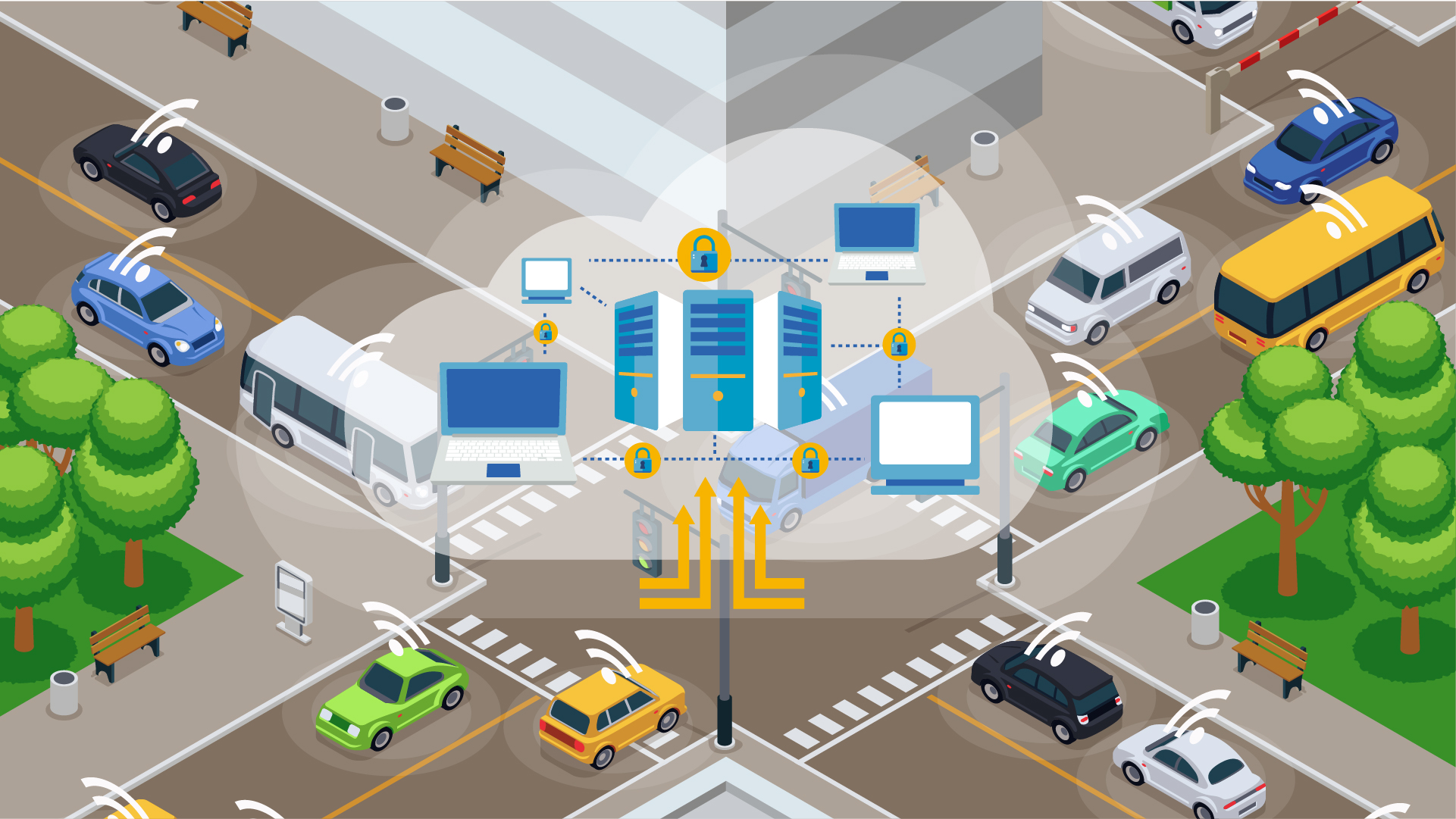In the fast-paced world of today, the efficiency of transportation is a critical factor that impacts not only our daily lives but also the global economy and environment. The question, What is the most efficient transportation in the world? is not as straightforward as it may seem. The answer depends on various factors including distance, cost, energy consumption, environmental impact, and time. This article aims to delve into these factors and provide a comprehensive answer.
When it comes to short-distance travel, cycling and walking are the most efficient modes of transportation. They require no fuel, produce no emissions, and also contribute to physical fitness. However, their efficiency decreases significantly over long distances or in hilly terrains.
For medium-range distances, public transportation systems such as buses and trains are highly efficient. They can transport a large number of people at once, reducing the per-person energy consumption and emissions. According to the American Public Transportation Association, public transit in the US reduces CO2 emissions by 37 million metric tons annually.
However, for long-distance travel, the efficiency crown goes to commercial aviation. Despite the high energy consumption during takeoff and landing, airplanes are incredibly efficient over long distances due to their high speed and direct routes. According to the International Air Transport Association, the fuel efficiency of commercial flights has improved by more than 20% in the last decade.
In terms of freight transportation, shipping is the most efficient mode. Ships can carry massive loads over long distances with relatively low energy consumption. According to the International Chamber of Shipping, sea transport accounts for 90% of global trade, yet it produces only 2.2% of the world's total CO2 emissions.
However, the future of transportation efficiency lies in technological advancements. Electric vehicles, high-speed rail, and even hyperloop technology promise to revolutionize the transportation sector. For instance, Tesla's electric vehicles are not only zero-emission but also have a higher energy conversion efficiency compared to internal combustion engines.
In conclusion, the most efficient mode of transportation depends on the specific circumstances. However, the future holds promising prospects for improved efficiency across all modes of transportation, driven by technological advancements and a growing emphasis on sustainability.



+ There are no comments
Add yours